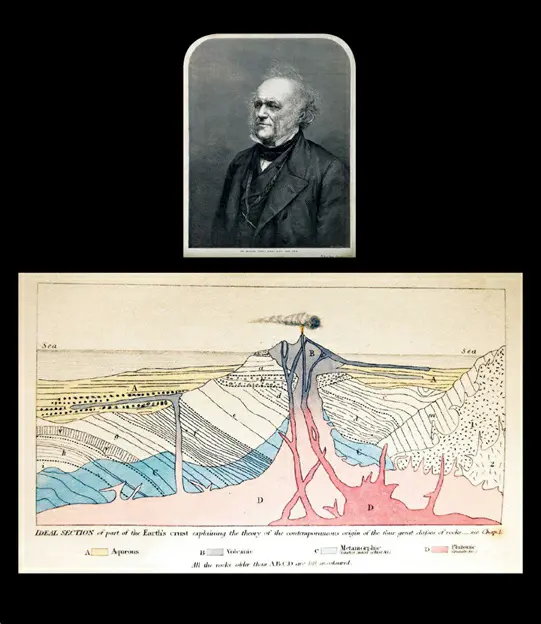Charles Lyell’s groundbreaking 1830 work, “Principles of Geology,” brought to life the concept of uniformitarianism, fundamentally shaping modern geology. Building on the foundational principles of stratigraphy established by Nicolas Steno and James Hutton’s insights on unconformities, Lyell’s uniformitarianism posits that the present holds the key to understanding Earth’s vast history. This principle asserts that the processes shaping our planet today are the same as those that operated in the past, and will continue to do so in the future.
Uniformitarianism, also known as gradualism, faced significant opposition from proponents of catastrophism, who believed Earth’s features resulted from sudden, violent events. Lyell’s work, however, suggested a gradual and predictable evolution of Earth over immense time spans, challenging traditional views on Earth’s age and the nature of geological changes.
Today, geologists recognize that Earth’s history is marked by both gradual and catastrophic events, a synthesis of Lyell’s uniformitarianism and the earlier catastrophist viewpoint. Lyell’s contributions remain a cornerstone in the field of geology, providing a framework for understanding Earth’s complex and dynamic history.

